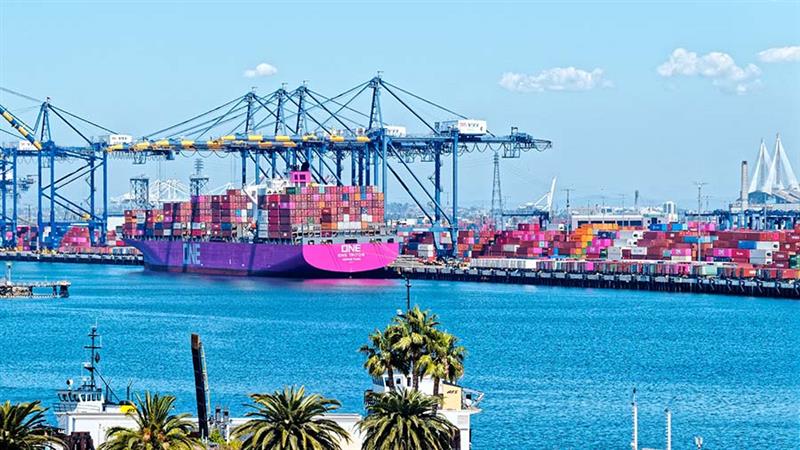China Crackdown on Illegal Employment and Visa Overstays by Foreign Nationals
May 2 – In a report to the National People’s Congress Standing Committee on April 25, Deputy Minister of Public Security Yang Huanning noted that the government will reinforce its management of foreign nationals who have entered China illegally, have overstayed their allotted time, or who are illegitimately working in the country.
According to Yang, the government will carry out the following measures:
- The government will improve visa policies, strengthen border controls, deepen the administration of the actual foreign population, stay preemptive, and deport foreigners in a timely manner in cases where they have overstayed their allotted time or have entered illegally.
- Under the principle of easier supervision, verification and deportation, the government will establish deportation centers in cities with outstanding problems of unlawfully entered/stayed/employed foreigners, international transportation links, and border areas to combat the difficulties of detention and deportation.
- The government will establish a special team in charge of the investigation and treatment of unlawfully entered/stayed/employed foreigners, and will guarantee the team’s funding.
According to Xinhua news, the number of unlawfully entered/stayed/employed foreigners in China exceeded 10,000 in 1995. In 2011, the related departments discovered more than 20,000 unlawfully entered/stayed/employed foreigners in China with individuals from neighboring countries accounting for a majority of that figure.
Unlawfully employed foreigners typically enter China on an (X) student or (L) tourist visa. Foreign language education, foreign performance, expat family housekeeping, and labor-intensive industries have been found to have the largest proportions of unlawfully employed foreigners.
Yang also mentioned several challenges facing the government regarding the management of unlawfully entered/stayed/employed foreigners. For example, most detention centers in China do not have foreign language capabilities. Also, illegal foreigners sometimes refuse to provide personal information, resulting in a time consuming verification process with the respective foreign consulates in China.
Related Reading
China’s Ex-Expats: Emerging Asia Beckons
When Expats Get Blacklisted in China
China’s Qualification Requirements for Legal Representatives and other Key Positions
ChinaGlare – Has Your China Business Become Too China-Centric?
China Expat Tax Filing and Declarations for 2011 Income
- Previous Article China’s Four Ocracies
- Next Article Devonshire-Ellis & U.S. Commerce Dept. – Trade Winds Asia, Singapore May 16



























